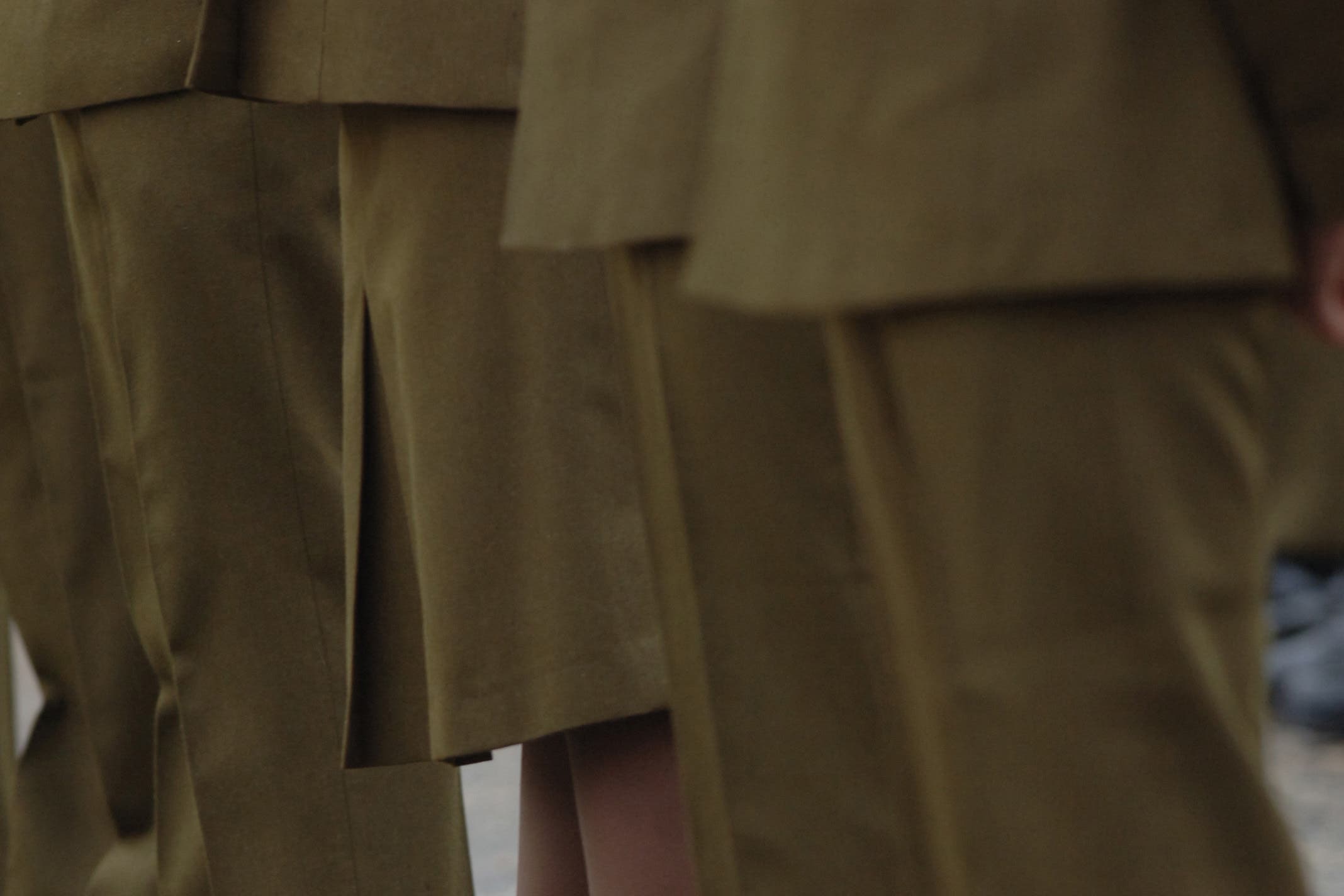UK forces can only fight intensively for ‘very brief period’ – ex-defence chief
Lord Stirrup, who served as head of the Armed Forces between 2006 and 2010, raised concerns during a defence debate in the Lords.

Britain’s armed forces are “too small” and unable to fight intensively for “anything other than a very brief period”, a former defence chief has warned.
Lord Stirrup, who served as head of the Armed Forces between 2006 and 2010, delivered a withering assessment of the state of the UK’s ability to respond to military threats as he raised concerns over investment.
Government figures show there were 188,820 service personnel in the UK forces as of April 2023, a decrease of 3.8% compared with the previous year.
Our own ability to field an armoured division that can fight effectively and enduringly in high-intensity conflict has become something of a national embarrassment as well as a strategic weakness.
The combined full-time trained strength of the Royal Navy, the Royal Marines and Royal Air Force, and the full-time trade trained strength of the Army was 133,570, a decrease of 2.4% since April 2022.
Speaking during a debate on UK defence policy, independent crossbench peer Lord Stirrup told the House of Lords: “Our ability to defend our own airspace, to achieve air superiority over the battlespace, and to contribute effectively to the defence and – if necessary – restoration of Nato territory are all at risk.
“Our bases and infrastructure in the UK, including our under sea infrastructure, are vulnerable to long-range attack and the concentration of our forces in fewer locations means that we lack the resilience we once had.
“Meanwhile, the course of the current conflict in Ukraine has underscored the importance of air superiority. Fail to achieve it and you risk something resembling a First World War battlefield on the ground.
“Our own ability to field an armoured division that can fight effectively and enduringly in high-intensity conflict has become something of a national embarrassment as well as a strategic weakness.
“All three services have some good equipment but they lack many key enablers and, most importantly, adequate stocks of the appropriate weapons to fight intensively for anything other than a very brief period.
“The Royal Navy, Army and air force are all too small but enabling our current force structure to undertake sustained operations must be our highest priority for investment.
“This is not just a matter of more money for the defence budget, we must also strengthen and expand the western defence industries that we’ve allowed to atrophy over the many years of budgetary cuts and upon which we and the rest of Nato rely for our sustainability.”
Lord Stirrup, who was commissioned into the RAF in 1970, said “more predictable, longer range” procurement plans are needed to secure private sector investment in those industries.
He said he expected the Government to argue it has delivered the largest increase in defence spending since the end of the Cold War.
Defence needs long-term attention, real growth and greater cross-party support. What we now have is tissue paper thin
Lord Stirrup said: “Well, that may be true but it follows and only partly ameliorates some of the largest cuts made by the same Government.
“It’s rather like pushing someone into a river and then claiming credit for helping them to keep their head temporarily above water.
“We need serious and sustained and increased investment in our military capability and sustainability, and that investment must be focused on our ability to fight and win in Europe and northern waters.”
Lord Craig of Radley, chief of defence staff from 1988 to 1991, said the UK’s defence capabilities and strength are “not as they should be” as he cited budget cuts over more than 30 years and “poor performance” in procurement.
He later said: “Defence needs long-term attention, real growth and greater cross-party support. What we now have is tissue paper thin.”
Defence Secretary Ben Wallace earlier this week told MPs that the military will require a greater share of public spending and it “couldn’t be needed quicker”.
Mr Wallace said spending on the Army is “20% higher since I have started as Defence Secretary”, adding: “I have made sure that a greater proportion of that spend is spent on catching up and modernising the armed forces that has been neglected all the way back to Afghanistan and Iraq.”
Bookmark popover
Removed from bookmarks